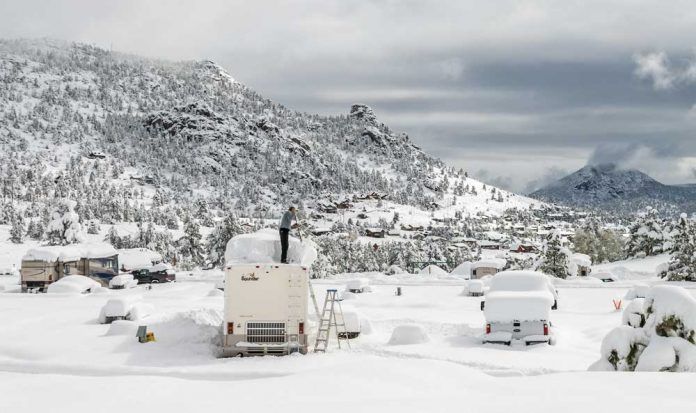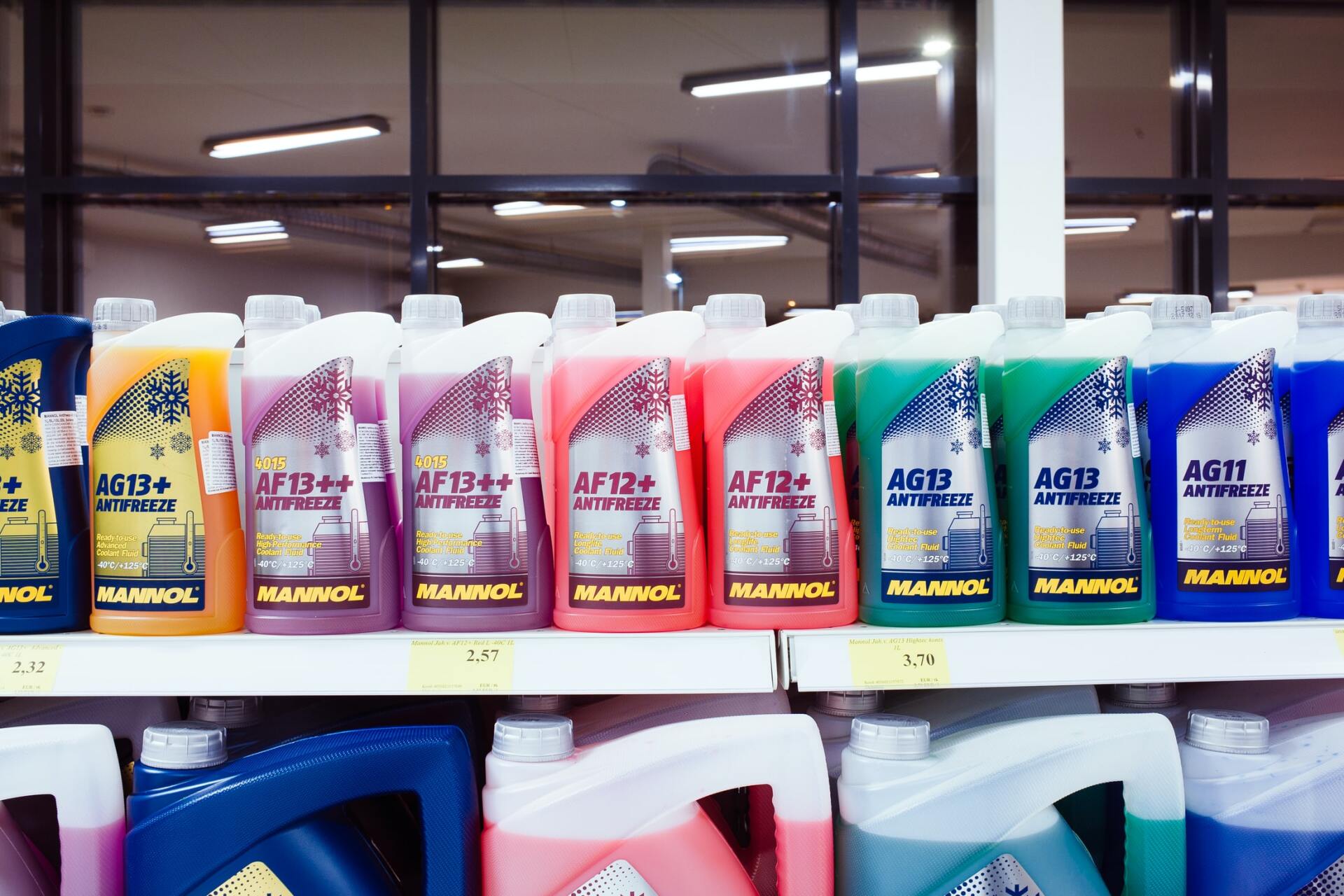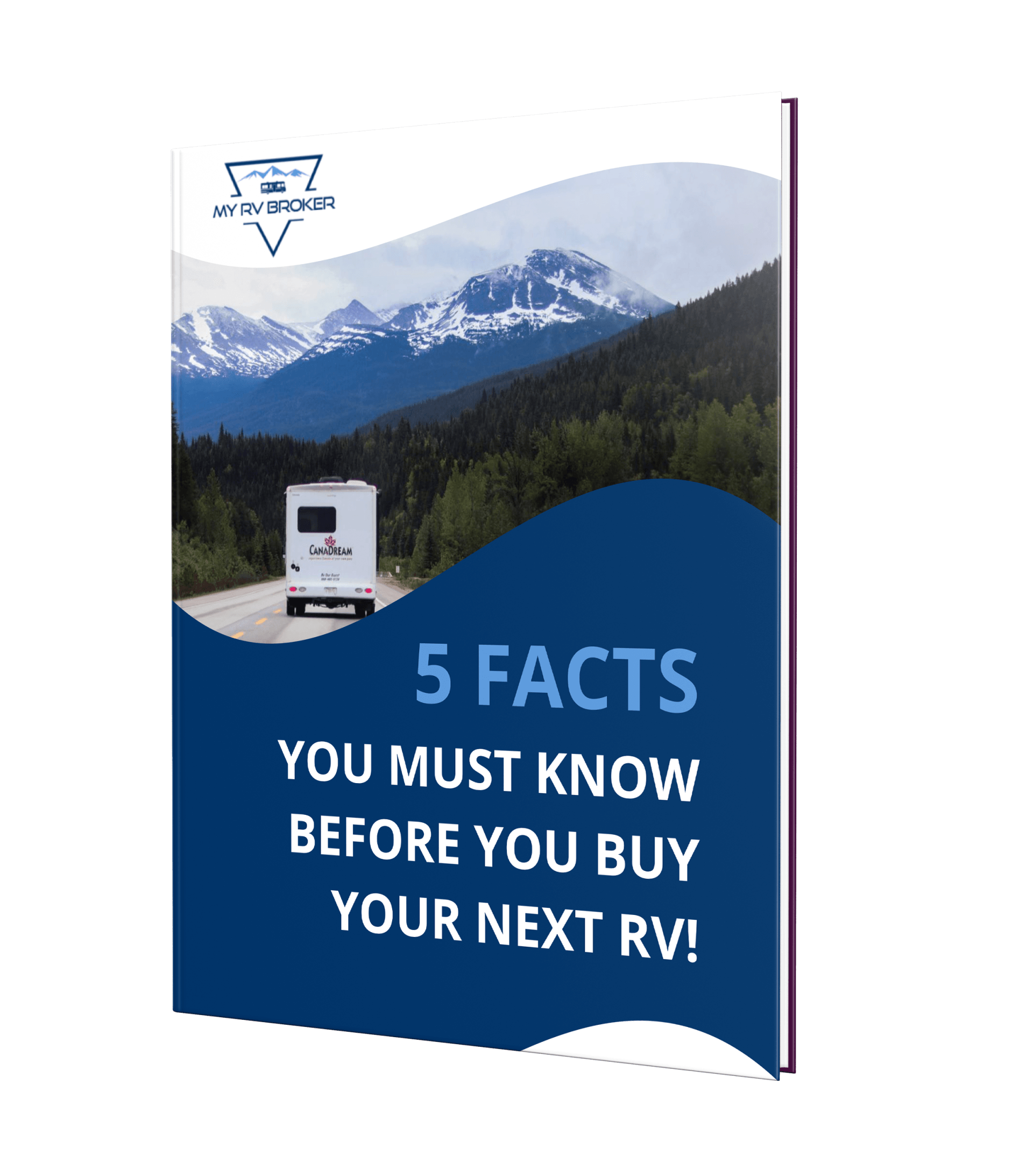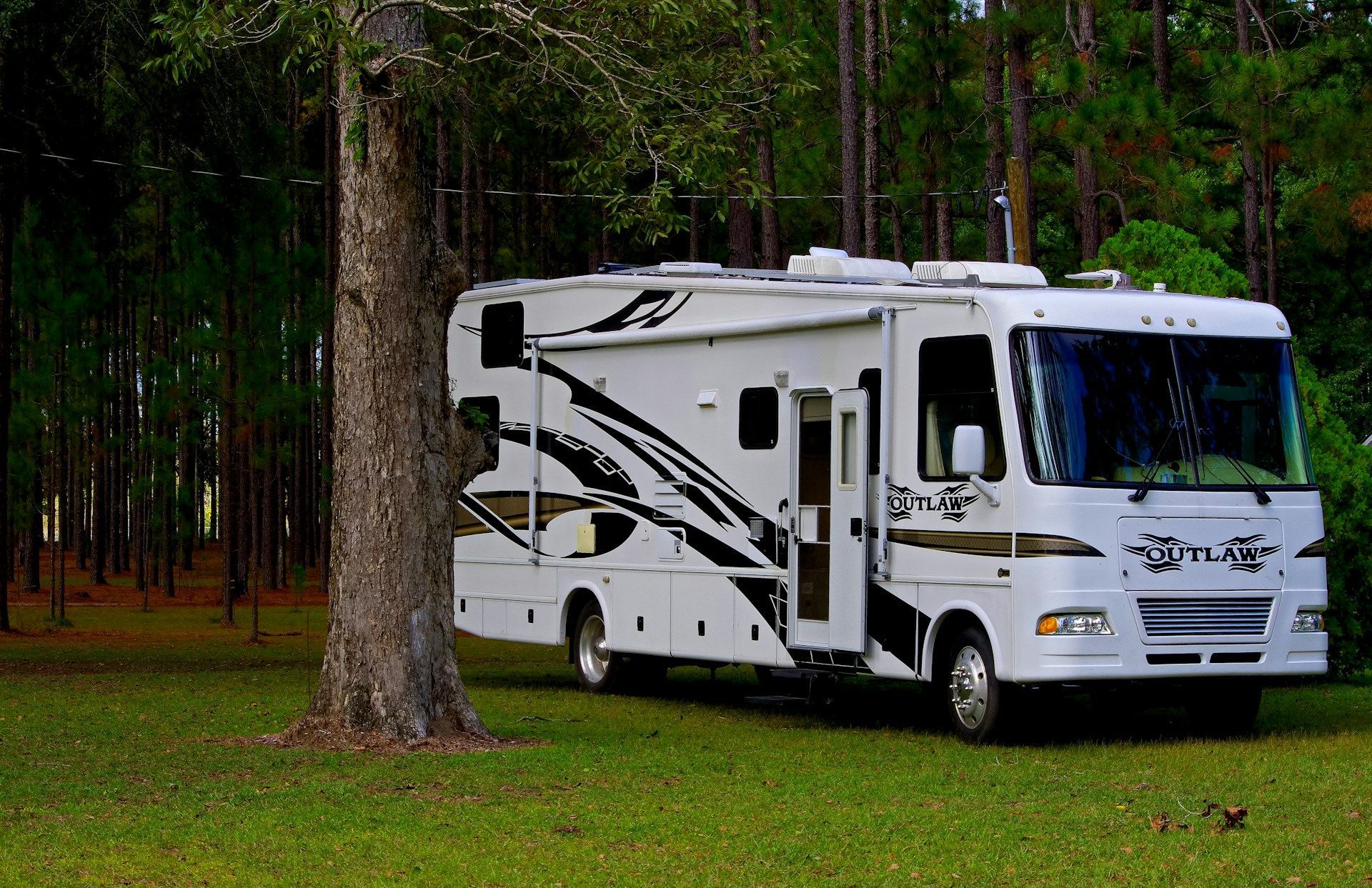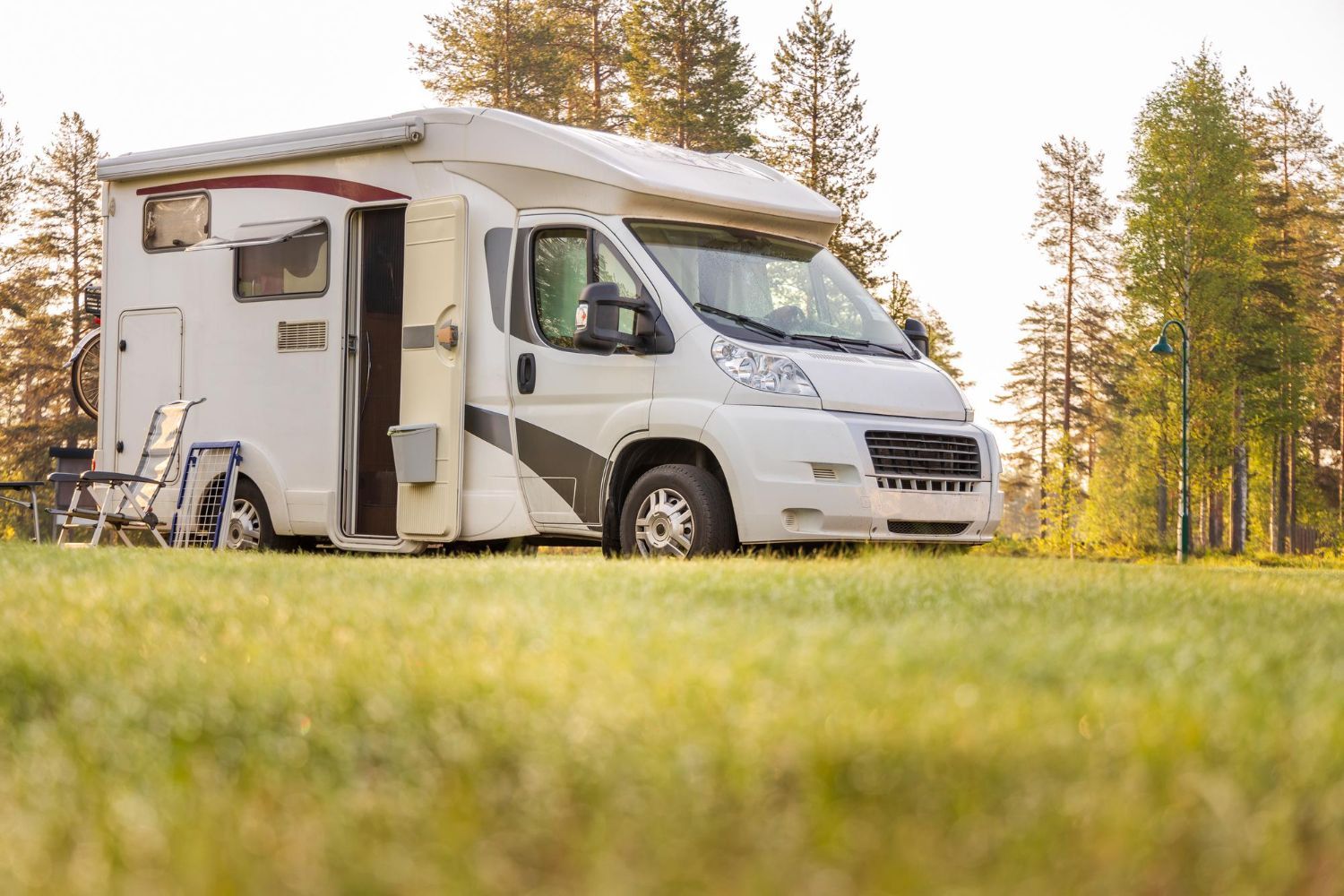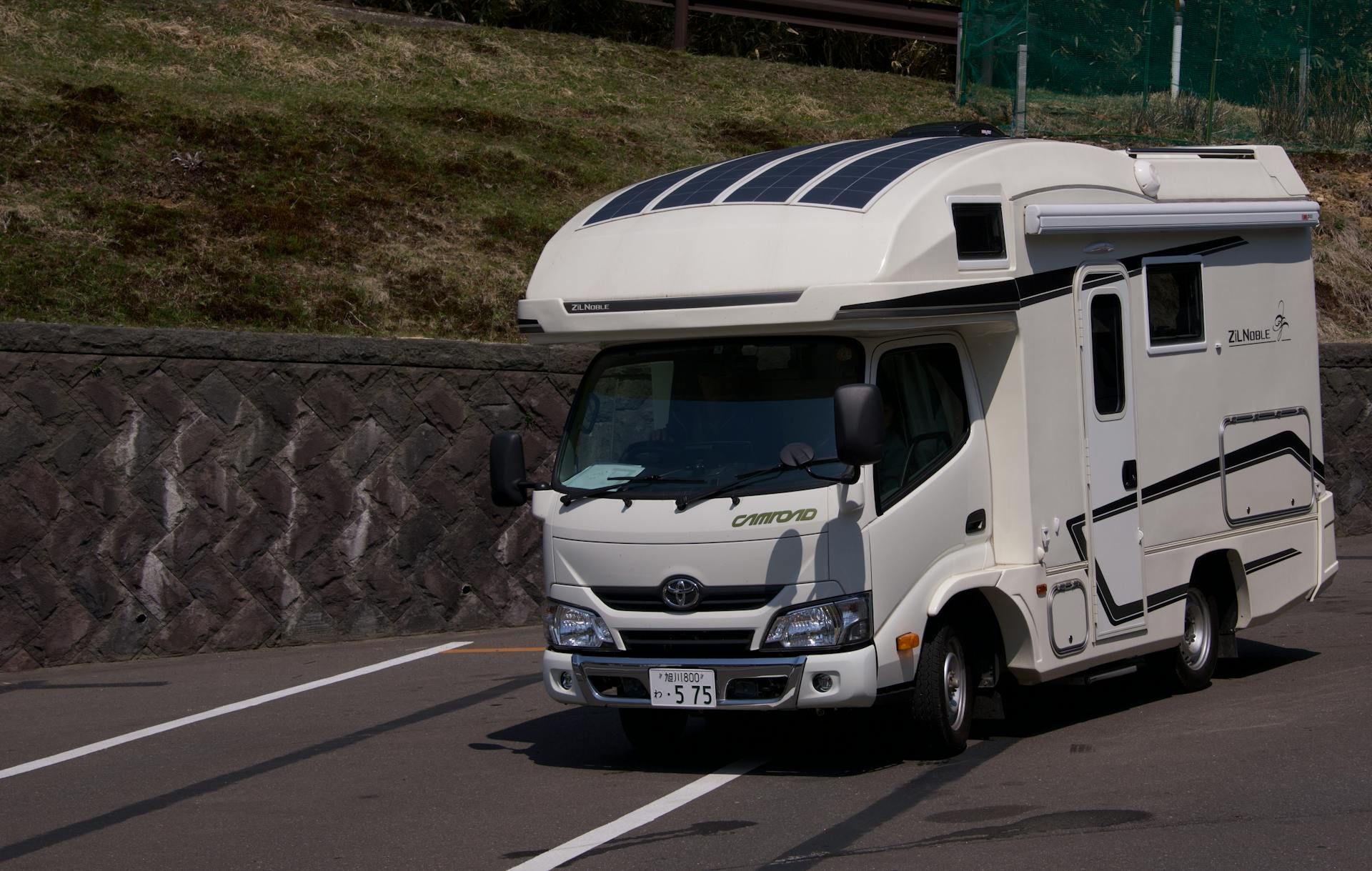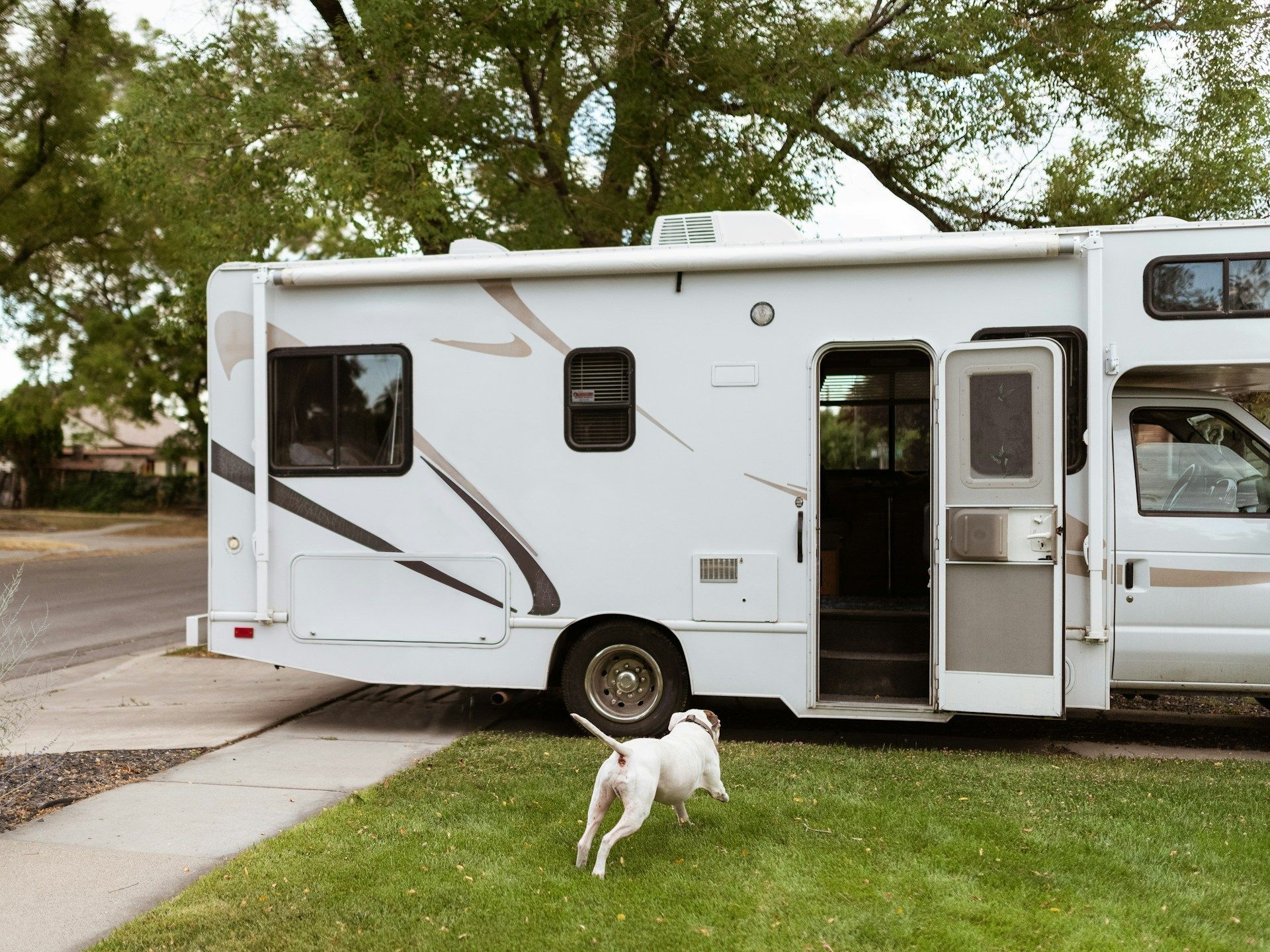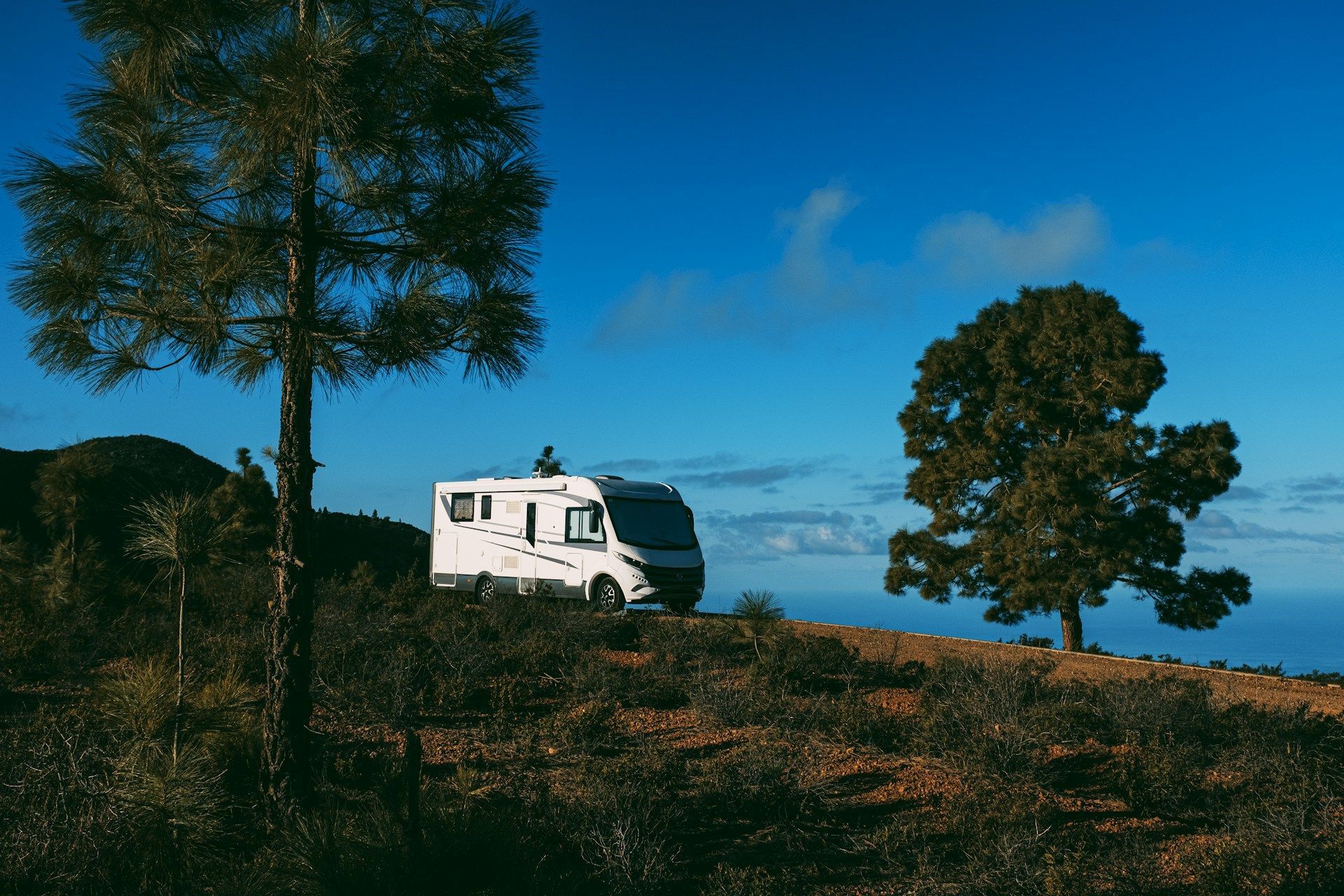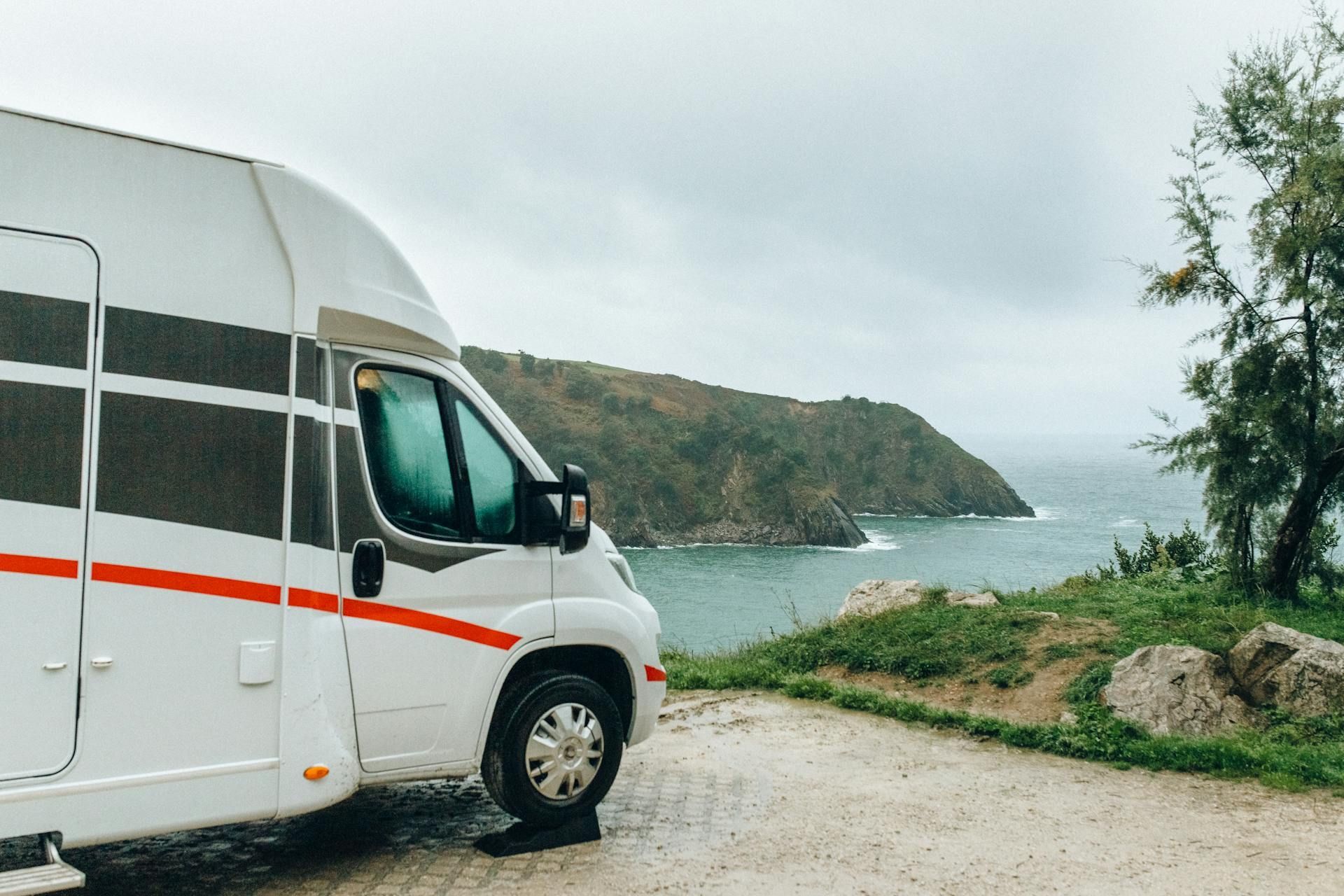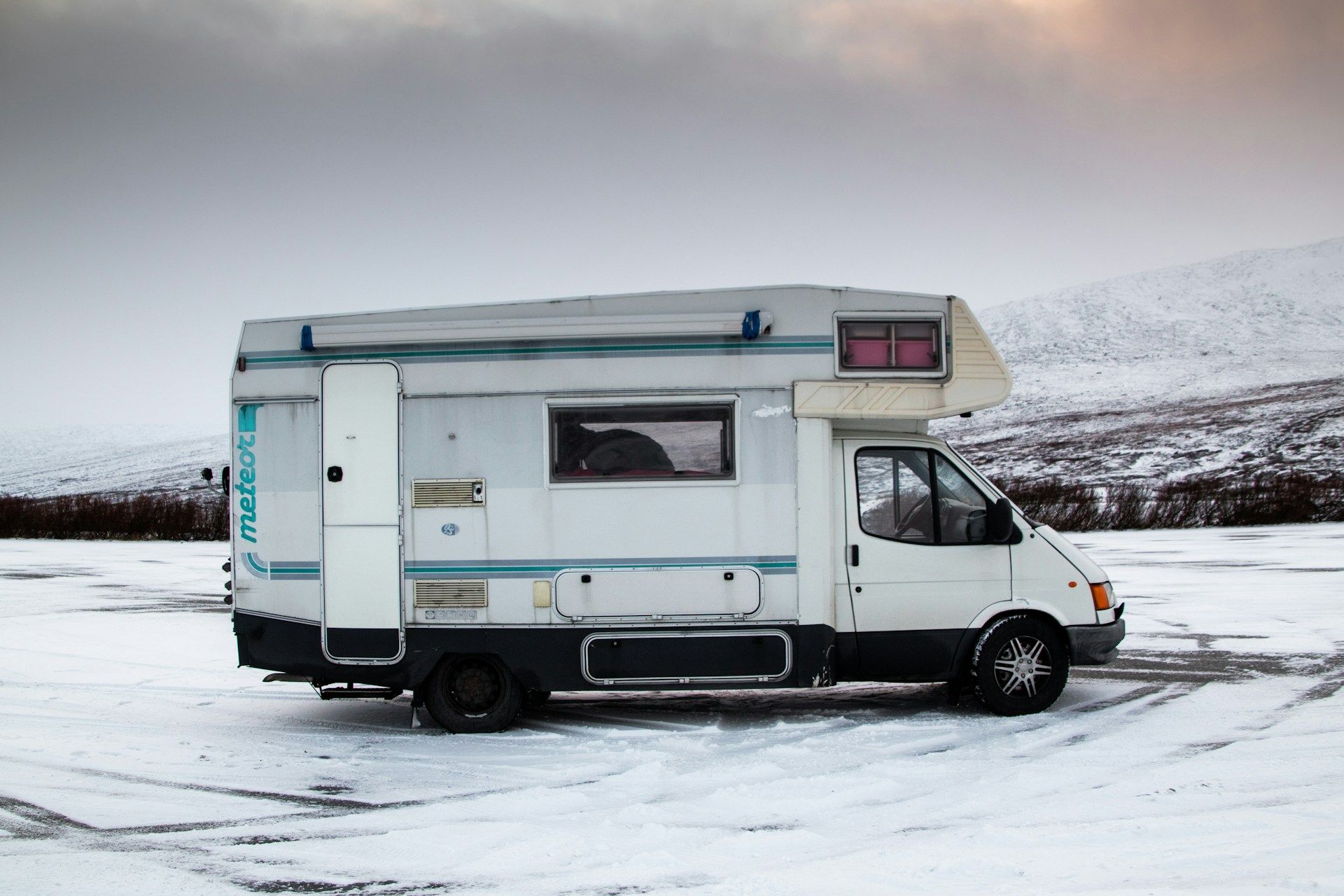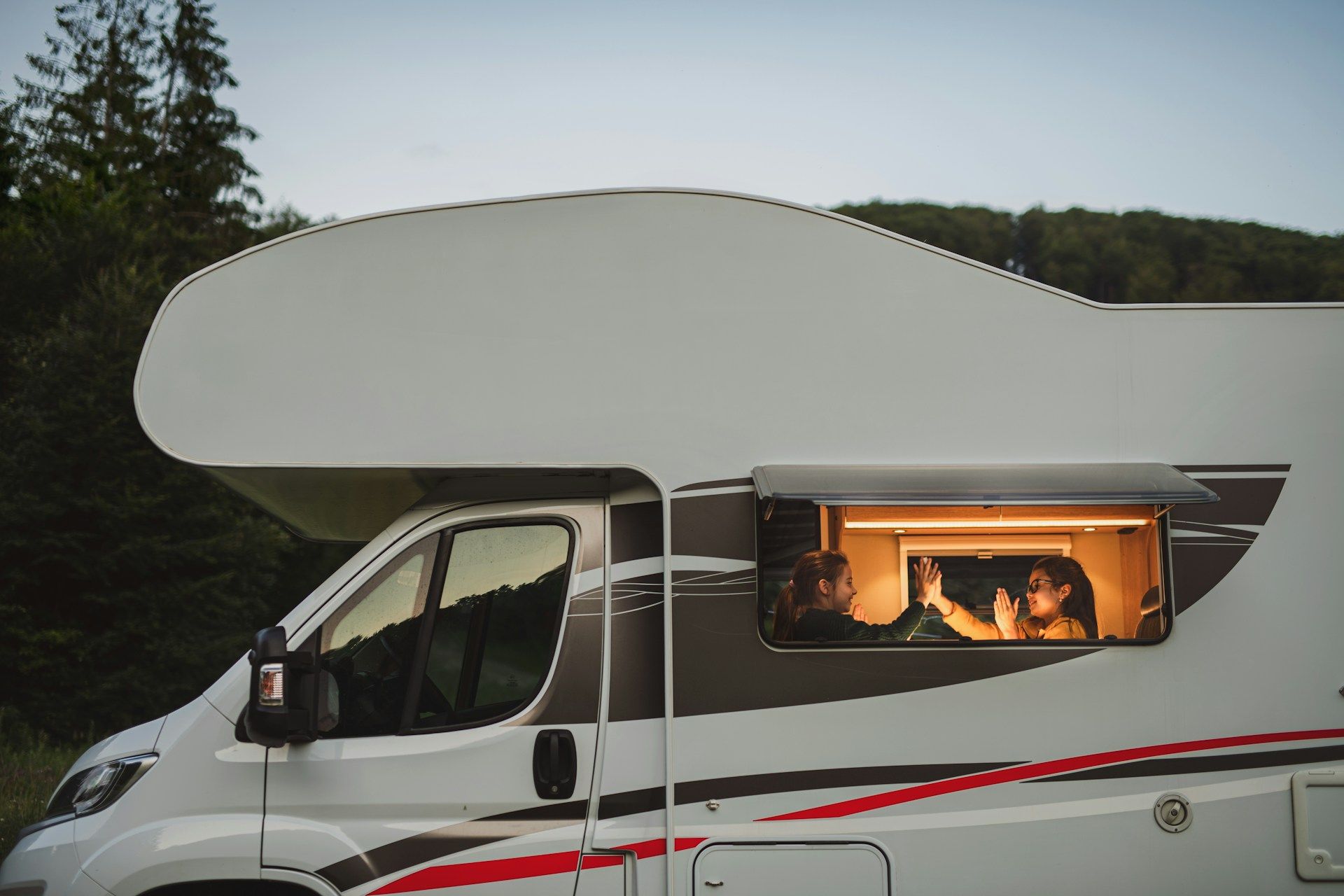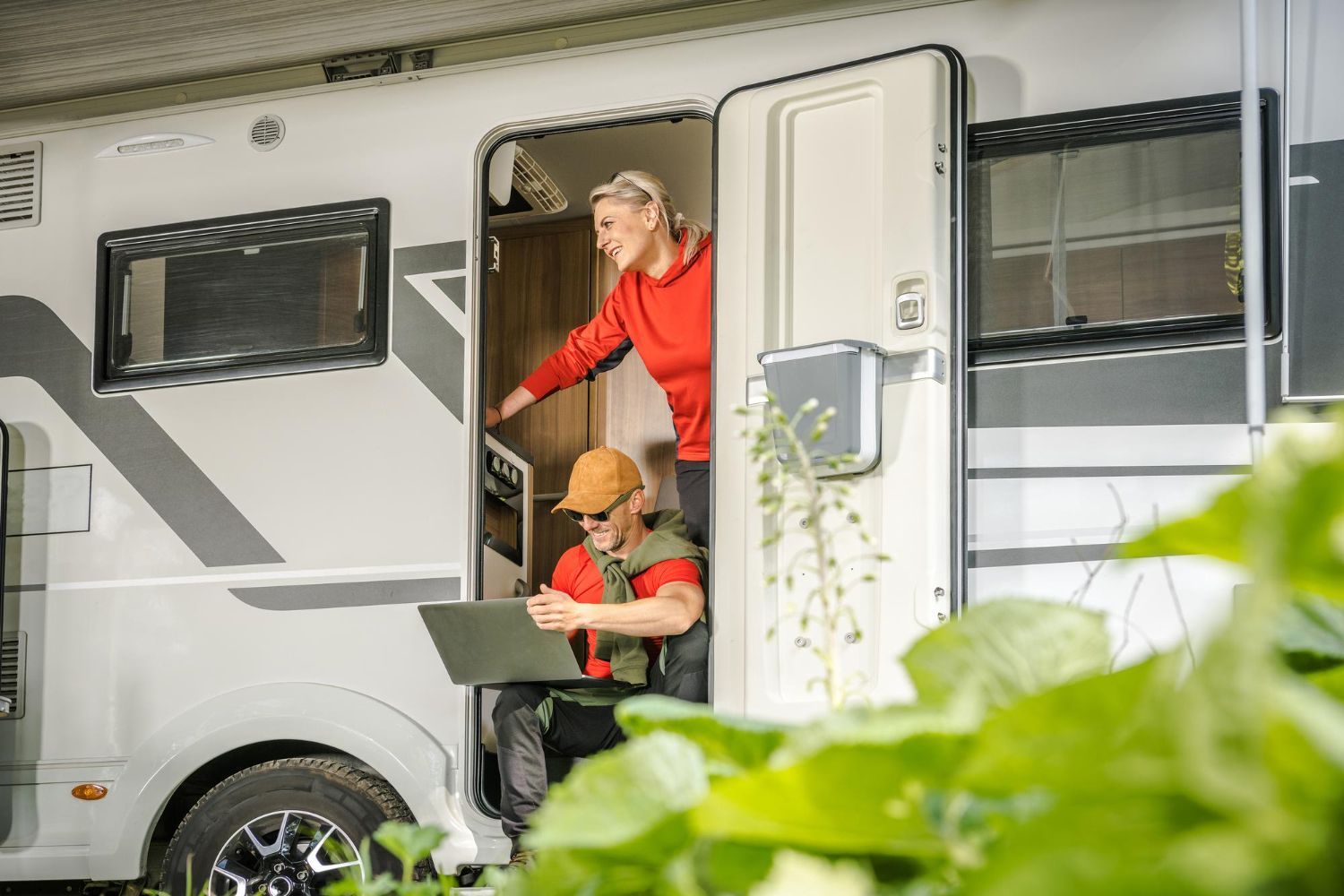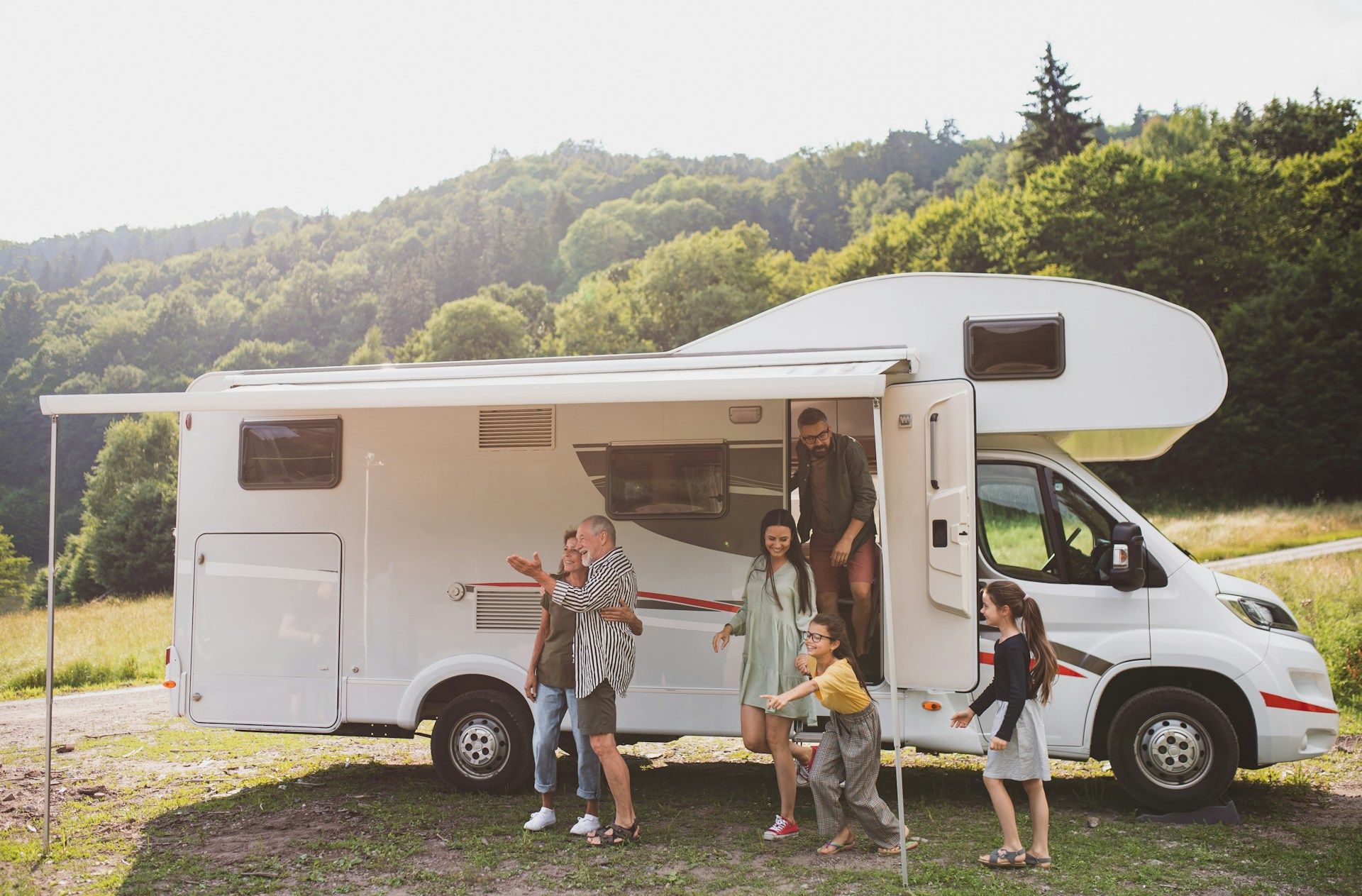How important is it to Winterize your RV? (Hint-Pretty darn important). But what's the best way?
RV Winterizing Could Save you Thousands in Potential Repairs
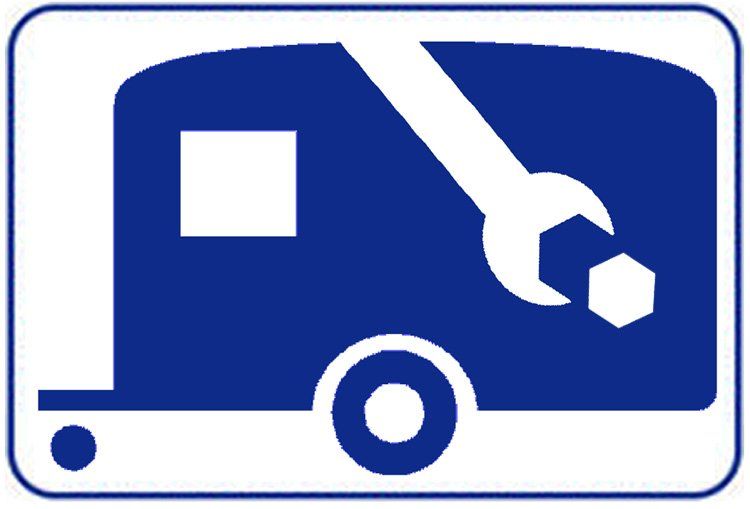
Always Go With The Manufacturer's Winterizing Recommendations First
When winterizing your RV, the first thing you should do is follow the guidelines provided by the manufacturer for winterizing your coach. Please don't overlook this. If you don't have instructions handy, then call the RV manufacturer for them. I can't stress this enough because you could do some serious damage to your RV if you do it wrong. Also, and perhaps most importantly, if you do not follow the instructions provided by the manufacturer, then you could potentially void some or all of your warranty- even extended warranties! Always default to your specific manufacturer's winterizing procedures.
Be Careful With the "Do it Yourself" ideas
Some people like to take matters into their own hands with their RV. I respect and appreciate that. Still, there are some problems that can develop when doing things your own way when winterizing.
For instance, some RV'ers will add extra insulation or duct tape practically everywhere it's possible to protect pipes, etc. While in theory this appears to be a good idea, one thing that it can do is provide a great deal of condensation inside your coach if this is done incorrectly. And, let me tell you, water- even if it's only condensation- inside your RV is much worse than outside your RV.
Conclusion
In conclusion, there are several things to consider when winterizing your RV. For those of you that aren't storing or using your RV for extended periods of time in very cold weather, you may be fine simply running your furnace. Many RV's have a way for the basement and underside of the RV to get some of the necessary heat to keep you from freezing up. But, don't assume this is the case without knowing for certain with your RV!
Also, even if you are using your RV in freezing temps and thus, getting necessary heat to places it needs to go, you still may want to consider using antifreeze and/or tank blankets that help to keep your tanks and pipes from freezing. While RV antifreeze isn’t toxic or very harmful to humans, it's not very tasty, so be sure to wash it all out when you can.
Finally, when it comes to winterizing your RV, I recommend draining all the lines, blowing them out with compresses air (if possible), and then running RV antifreeze through them. True, this is a little redundant, but I've learned that going the extra mile to take care of your RV is always the best way to go. And RV antifreeze is a form of inexpensive insurance too and is usually 1-$3 per gallon. Remember- there's no such thing as using too much RV antifreeze, so use generously!
If you'd like more about this blog post, contact me here.
RV Resources:
Listen in to our Podcast about all things RV!
https://www.anchor.fm/myrvninja
Buying or Selling a RV? My RV Broker!
Join our FB Community!
https://www.facebook.com/groups/rvcommunitylife
Need RV Gear? Coming soon!
Download The Free
Guide Below!
We've created this free guide to show you the top 5 facts that will help you when looking for your next RV.


